Differences and similarities between words
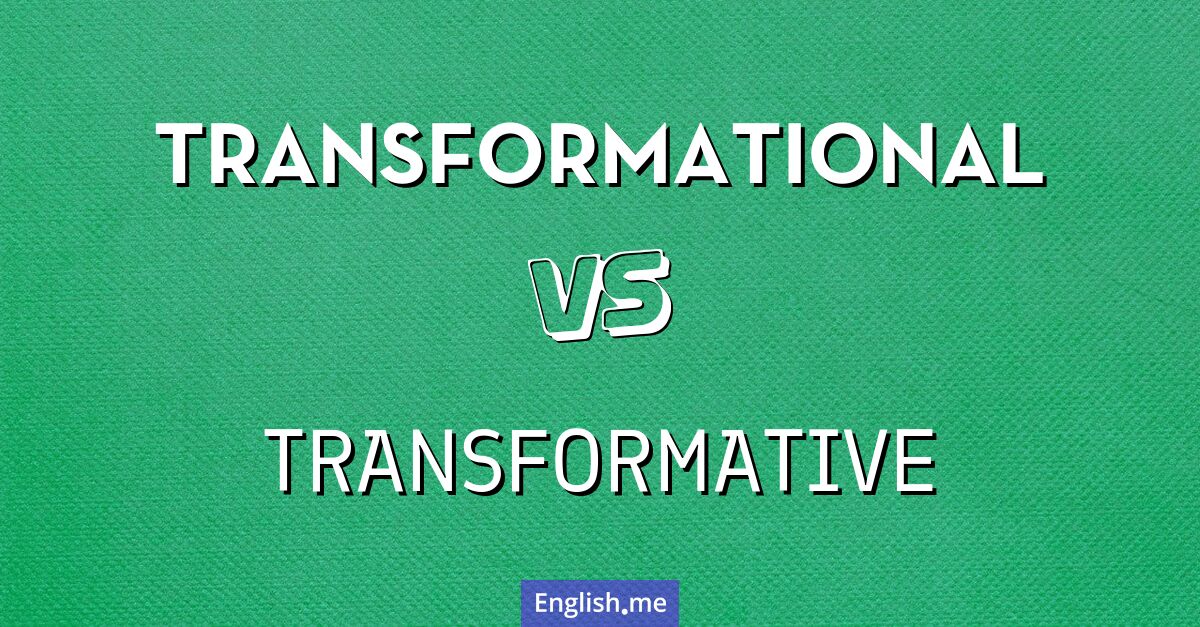
"Transformational" vs. "transformative": what's the difference?
"Transformational" often emphasizes the process or act of transforming and ... Learn more →
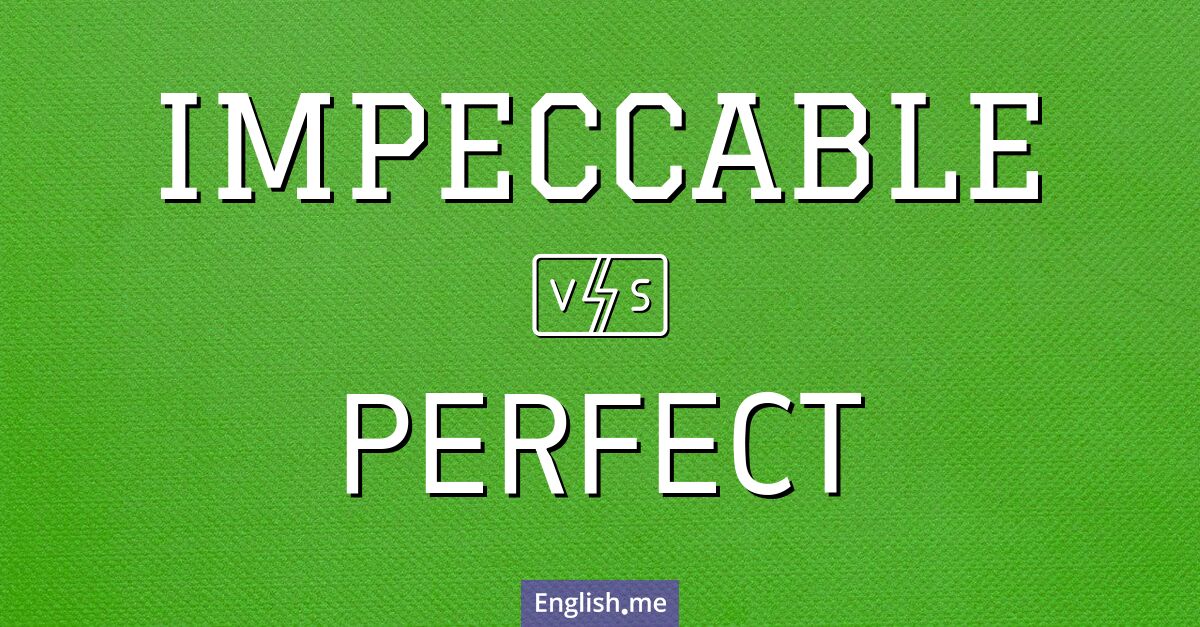
"Impeccable" vs. "perfect": subtle shades of flawlessness
"Impeccable" often refers to behavior, taste, appearance, or standards that ... Learn more →
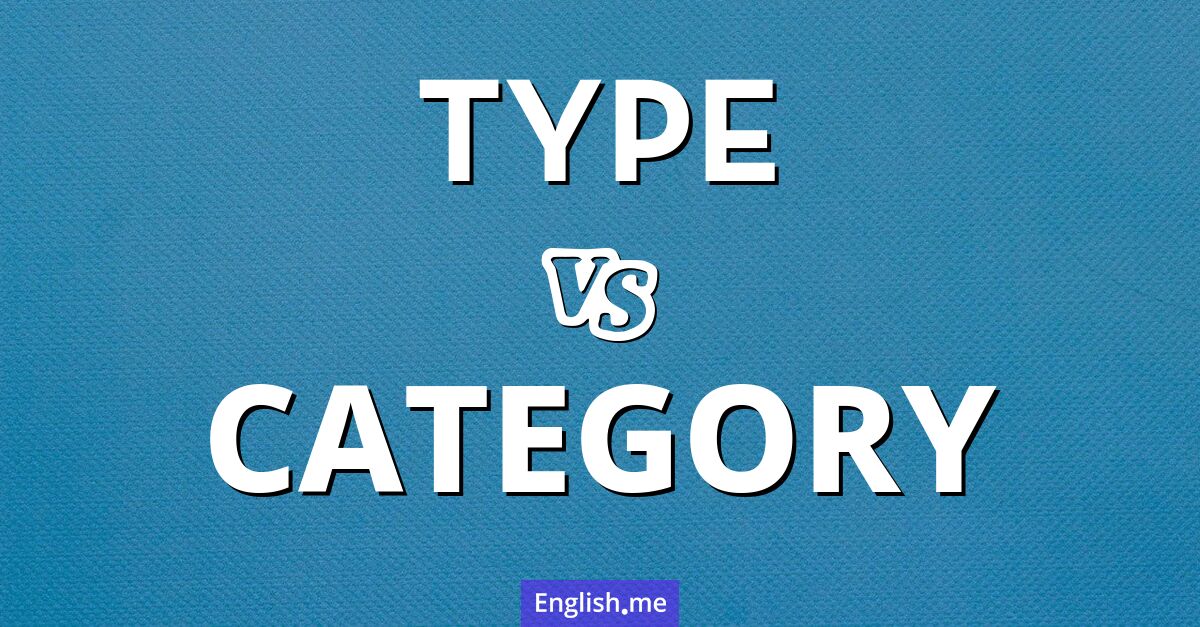
"Type" vs. "category": what's the difference?
The word "type" typically emphasizes the specific kind or nature ... Learn more →
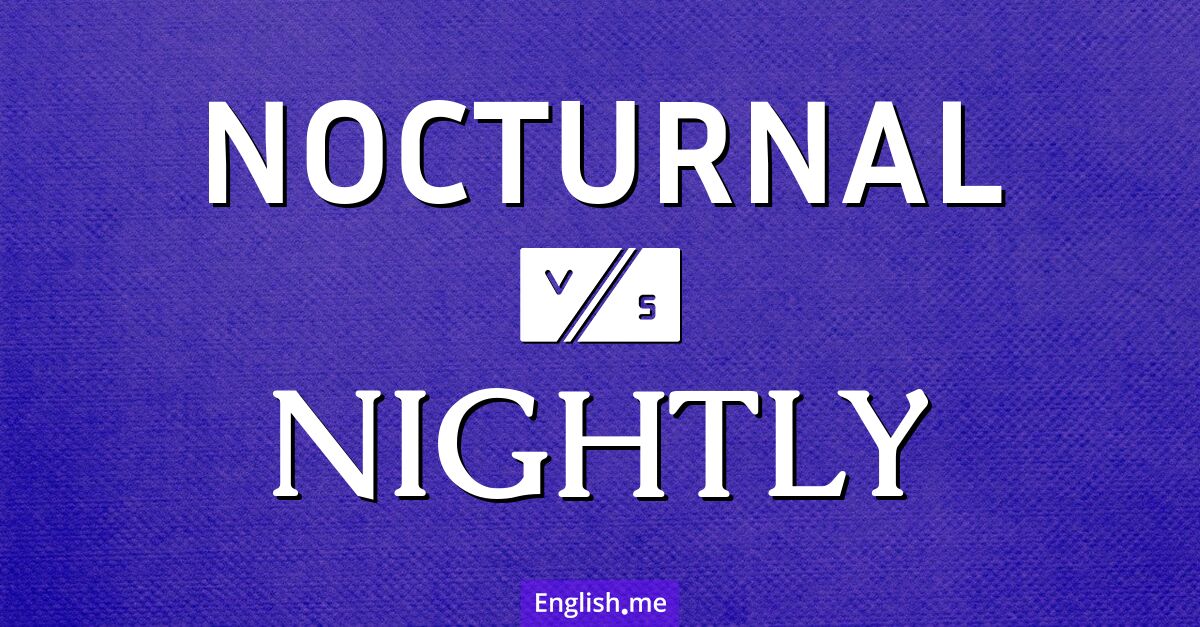
"Nocturnal" vs. "nightly": same darkness, different shades
"Nocturnal" is primarily used to describe organisms, especially animals, that ... Learn more →
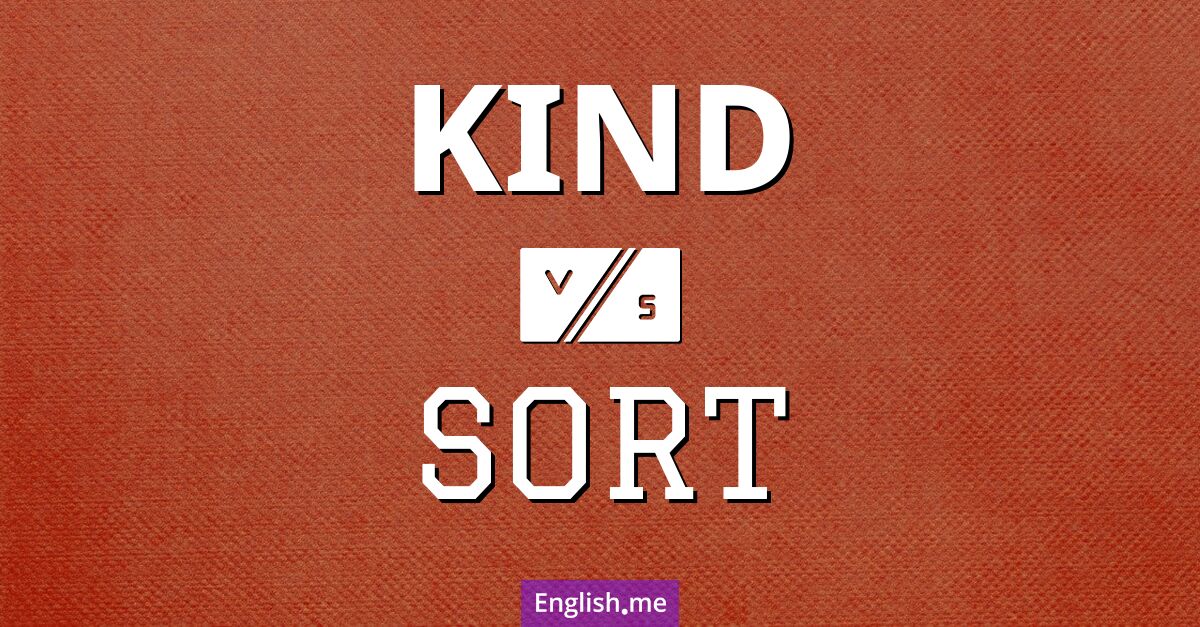
"Kind" vs. "sort": what's the difference?
"Kind" can also function as an adjective meaning "gentle", "helpful", ... Learn more →
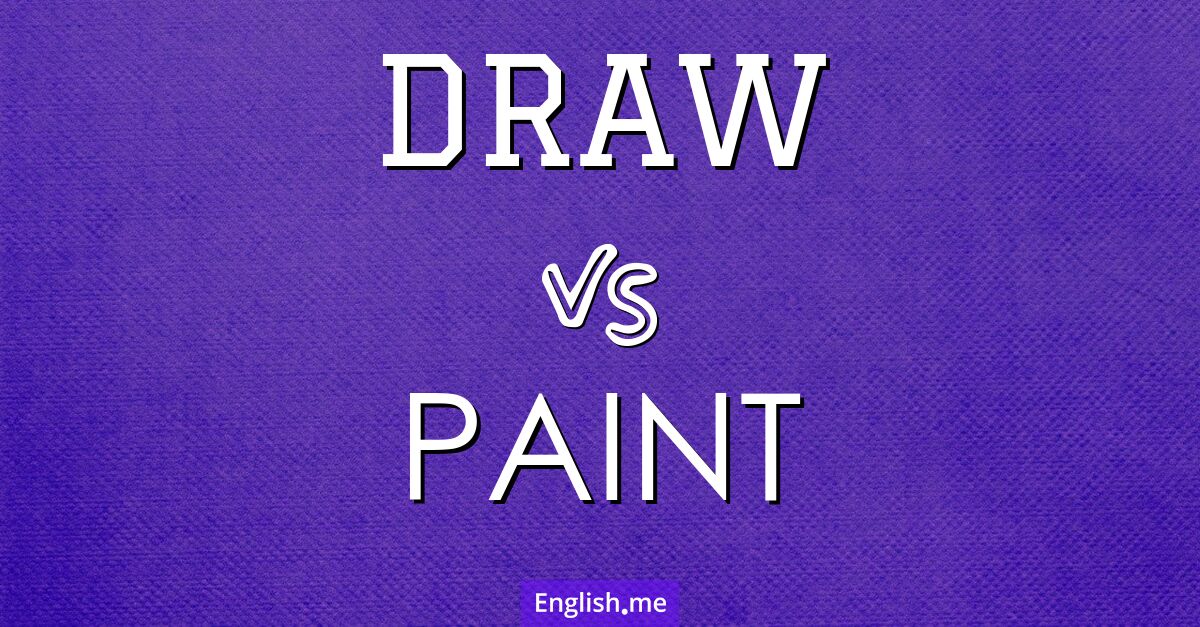
"Draw" vs. "paint": more than just strokes
The word "draw" typically refers to making lines or sketches ... Learn more →
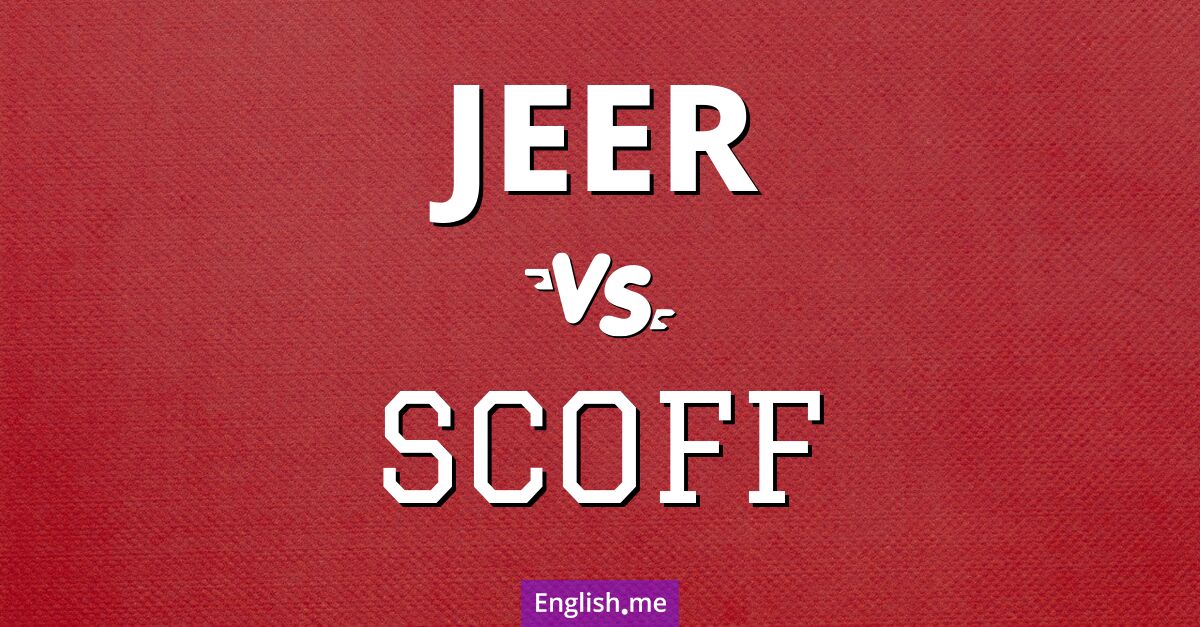
"Jeer" vs. "scoff": a closer look at mockery in words
"Jeer" typically refers to loud, mocking remarks shouted at someone, ... Learn more →
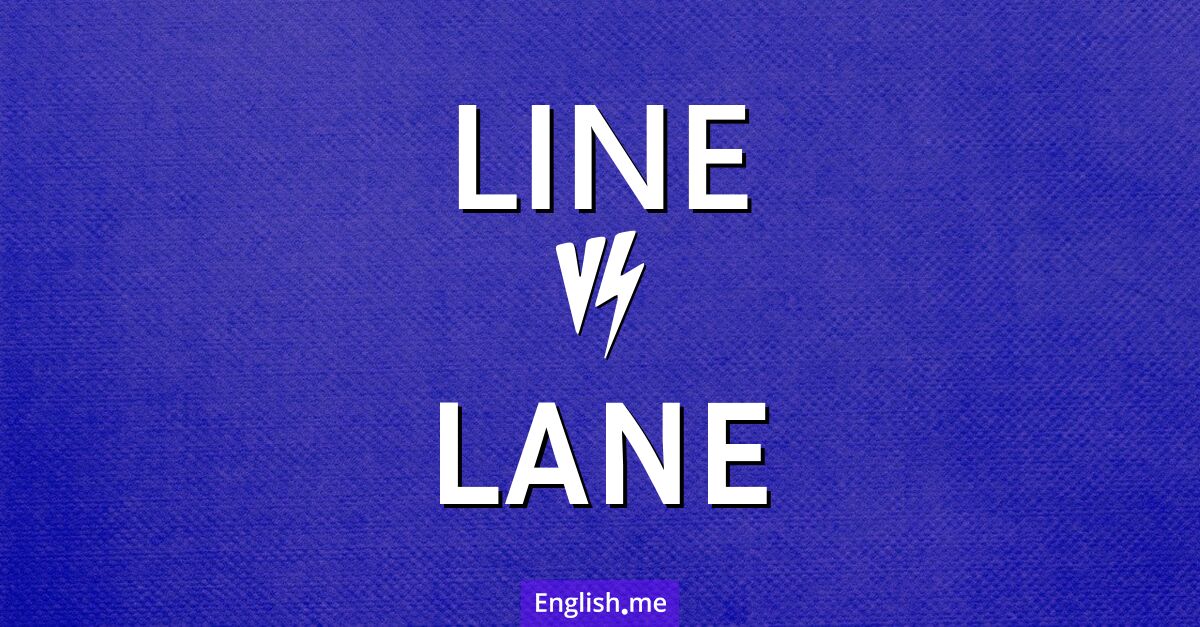
"Line" vs. "lane": where paths diverge and overlap
The word "line" has a broader range of meanings, describing ... Learn more →
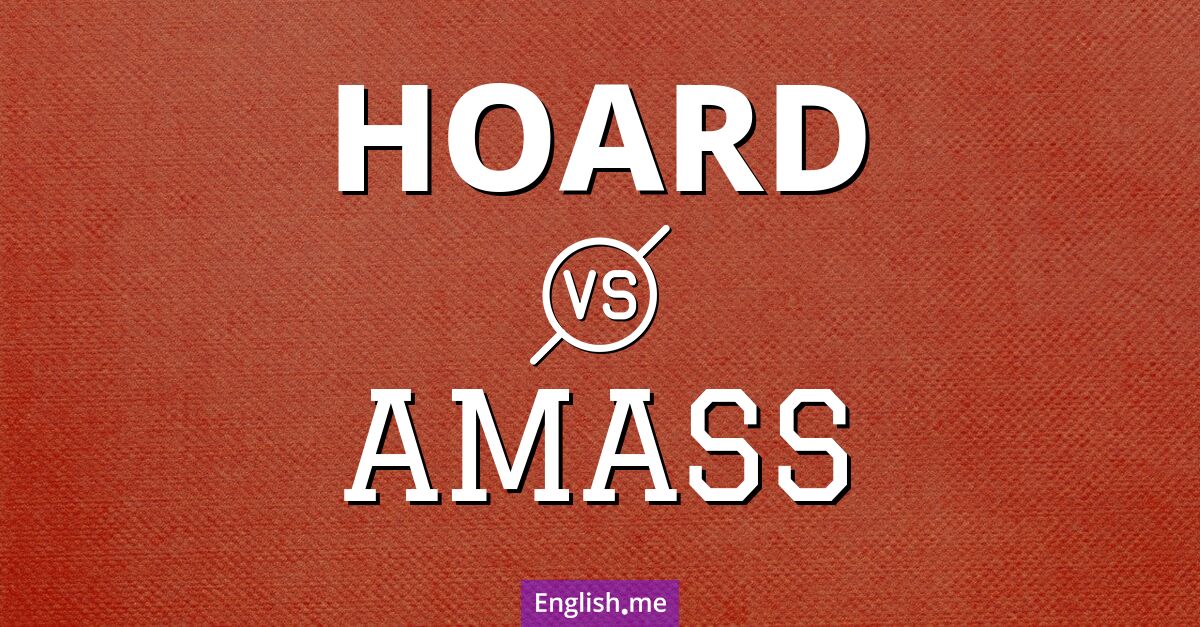
Stacking up: "hoard" vs. "amass"
"Hoard" often carries a negative connotation, implying secretive or excessive ... Learn more →
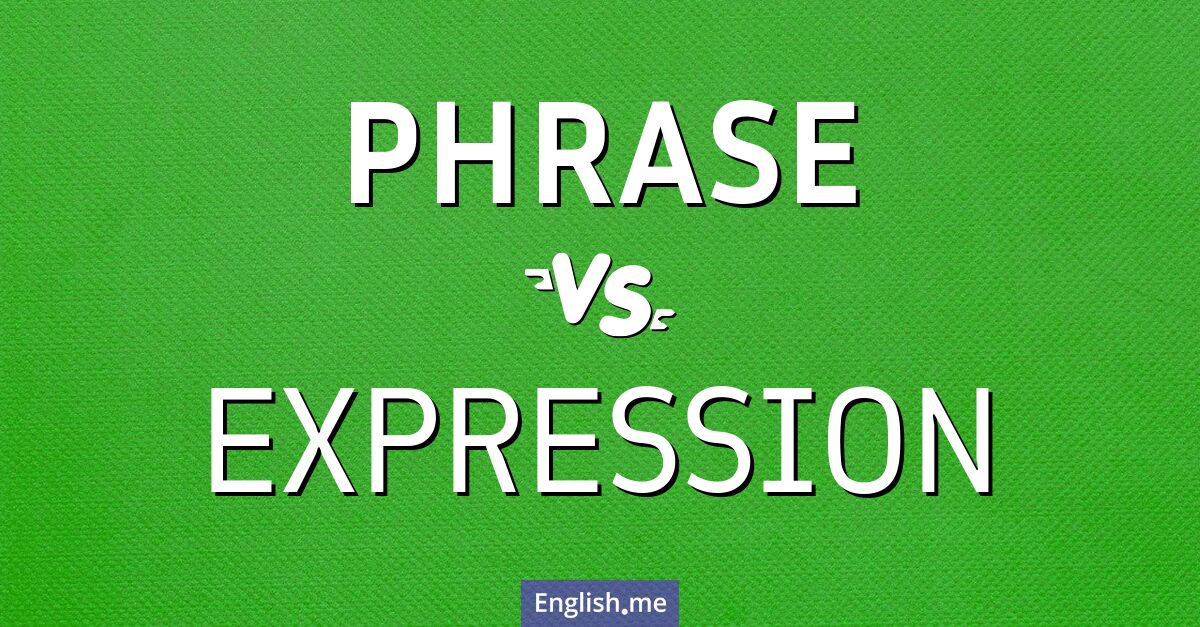
"Phrase" vs. "expression": what's the difference?
A "phrase" is a specific grammatical term for a group ... Learn more →

 English
English español
español française
française italiano
italiano deutsche
deutsche 日本語
日本語 polski
polski česky
česky svenska
svenska Türkçe
Türkçe Nederlands
Nederlands